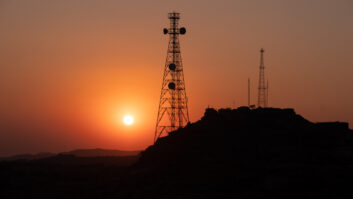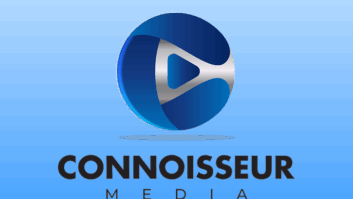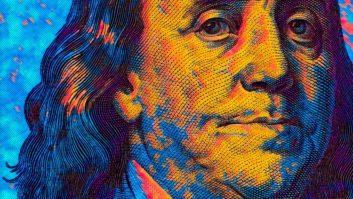This is one in a series of articles about what the industry is telling the FCC about all-digital on the U.S. AM band.
A group of smaller-market AM owners want the FCC to allow voluntary all-digital transmissions; and they cautioned the commission against repeating the AM stereo situation of the 1980s.
The collection of broadcasters — in all 25 licensees — consists of groups such as East Texas Broadcasting and Georgia-Carolina Broadcasting that typically operate AM stations in smaller markets.
The comments were submitted to the FCC by their attorney John Garziglia of Womble Bond Dickinson LLP. They say broadcasters can control their own destiny by deciding whether to invest in all-digital AM technology. They cite the “significant” harm to AM listenership from interference and reception issues, and the availability of higher-fidelity alternatives.
[Related: The NAB Is All-In on All-Digital]
“The AM broadcasters believe that allowing for all-digital AM operations is one means by which this listener erosion may be stemmed in the future. The undersigned AM broadcasters ask the FCC to make the all-digital AM mode of broadcasting available to them to use at their option,” they wrote.
The group recognizes that listenership could potentially drop since people with analog radios will be unable to receive the new signals, but they argue that it is the broadcasters, not the FCC, that can best discern what mode of broadcasting is most likely to attract audiences now and in the future.
All-digital AM operation should be allowed “both day and night,” the broadcasters say. They also are asking the FCC for some flexibility to be built into the new rules: “That any decision by an AM station to operate in an all-digital mode is discretionary and reversible, so that no station is required to operate in an all-digital mode, nor is any station who chooses to do so locked into that mode of operation.”
[Related: Let “Mr. Market Decide” Best AM Digital System]
But the broadcasters said that mistakes made during the launch of AM stereo in the mid to late 1980s should be avoided this time.
“The undersigned well-remember the listener and broadcaster confusion that surrounded the failure to adopt a specific AM stereo standard some decades ago, and have no wish to foist that uncertainty once again on the public and broadcasters,” they wrote. “Therefore, the undersigned AM broadcasters fully support the FCC’s decision to reject in this proceeding any comments advocating for a different AM digital mode of broadcasting.”
Digital Radio Mondiale has asked the FCC to allow DRM to be considered for use in the United States. The FCC has stated in a footnote to the current NPRM that it declines to reconsider the choice of IBOC HD Radio







